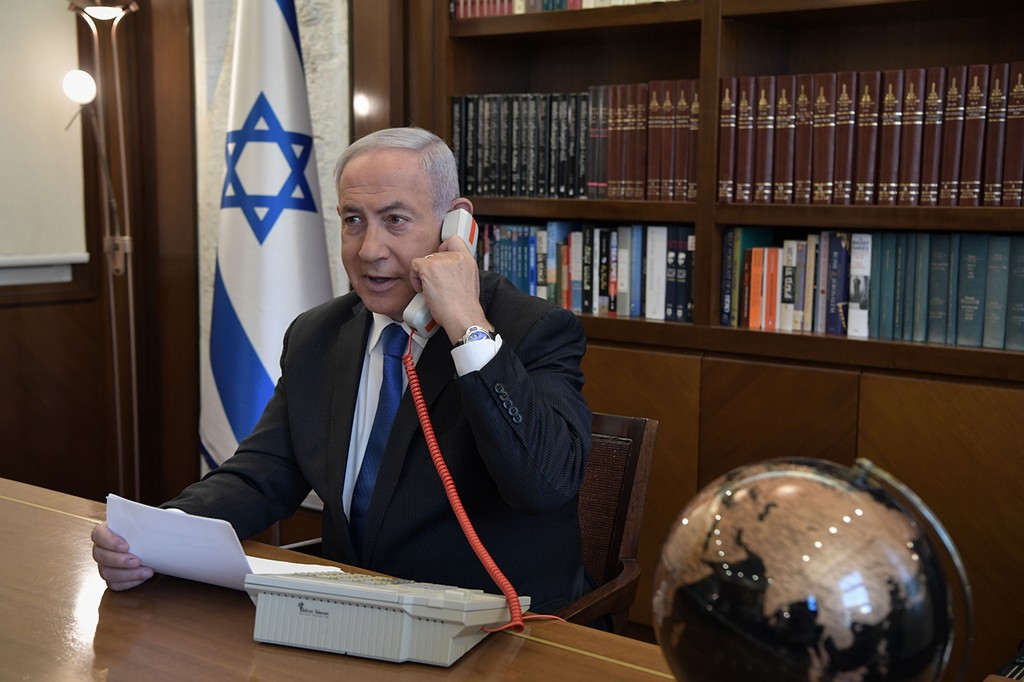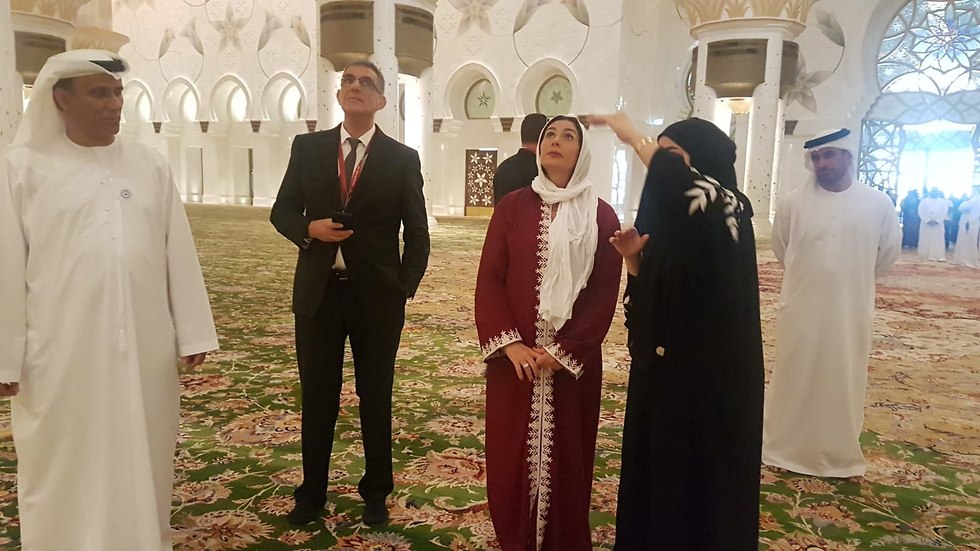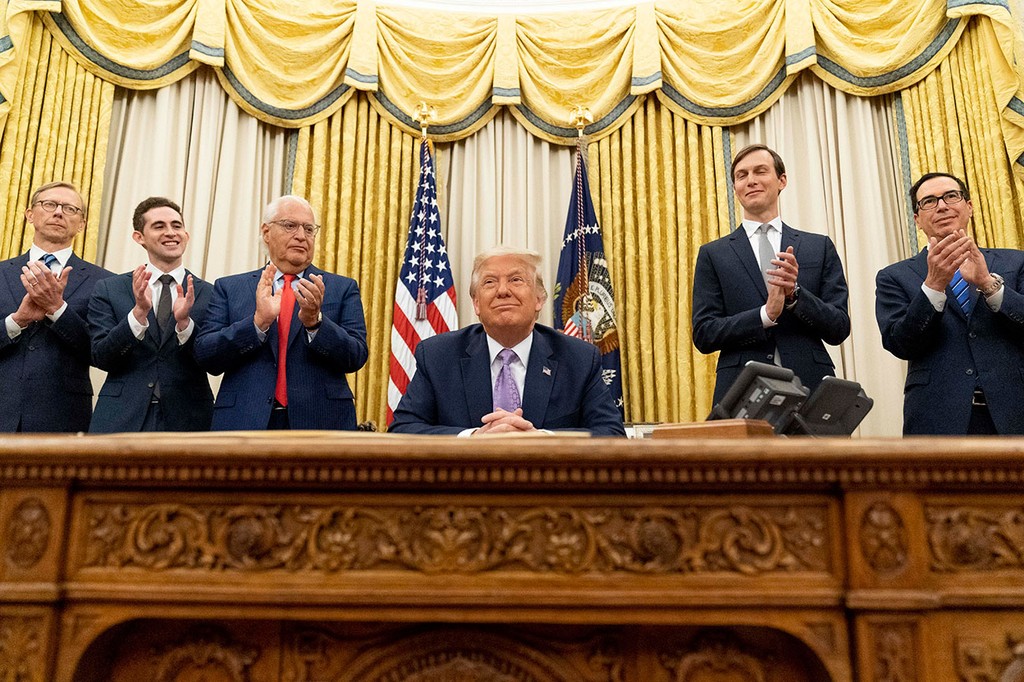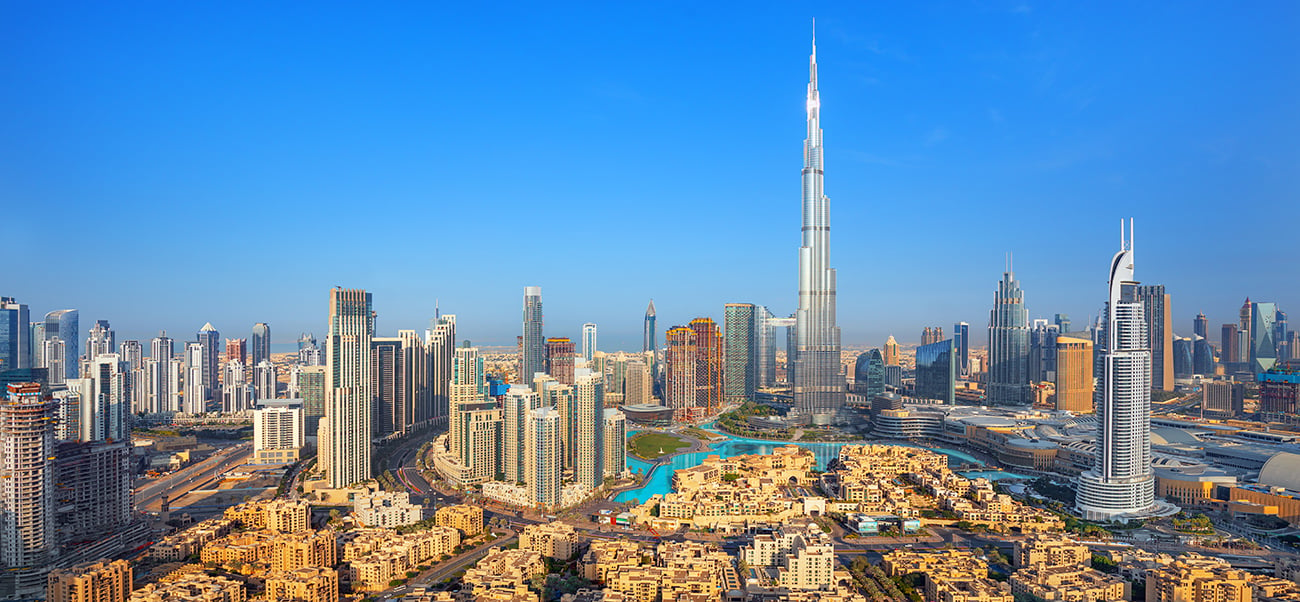Getting your Trinity Audio player ready...
The United Arab Emirates will launch full diplomatic ties with Israel in an agreement that will see Jerusalem halt its plans for annexation of West Bank land, the leaders of Israel, the UAE and U.S. said Thursday.
The agreement makes the UAE the first Gulf Arab state to do so and only the third Arab nation to have active diplomatic ties to Israel.
Abu Dhabi Crown Prince Mohammed bin Zayed Al Nahyan, the day-to-day ruler of the UAE, confirmed Thursday that the Gulf state had reached an agreement that would end Israel's annexation plans.
"Opening direct ties between two of the Middle East's most dynamic societies and advanced economics will transform the region by spurring economic growth, enhancing technological innovation and forging closer people-to-people relations," said the joint statement by U.S. President Donald Trump, Prime Minister Benjamin Netanyahu and Al Nahyan.
It said the leaders had a three-way call discussing the deal.
Trump tweeted a statement from the countries, acknowledging the deal. He then told reporters in the Oval Office that it was "a truly historic moment."
"Now that the ice has been broken I expect more Arab and Muslim countries will follow the United Arab Emirates," he said.
5 View gallery


Prime Minister Benjamin Netanyahu during his call with U.S. President Donald Trump and Abu Dhabi Crown Prince Mohammed bin Zayed Al Nahyan
(Photo: GPO)
White House officials said that the agreement was sealed in a phone call Thursday between Trump, Netanyahu and the crown prince.
For Israel, the announcement comes after years of boasting by Netanyahu that his government enjoys closer ties to Arab nations than publicly acknowledged.
The prime minister tweeted in Hebrew on Thursday that this was an "historic day." He was set to address the nation later in the day.
Netanyahu has sought to build settlements on lands sought by the Palestinians and embraced a Trump proposal that would allow him to annex large parts of the West Bank while granting Palestinians limited autonomy in other areas.
For the UAE, home to skyscraper-studded Dubai and the rolling, oil-rich sand dunes of Abu Dhabi, it further burnishes its international campaign to be seen as a beacon of tolerance in the Middle East despite being governed by autocratic rulers.
It also puts the UAE out first in a regional recognition race among neighboring Gulf Arab states.
And for the Palestinians, who long have relied on Arab backing in their struggle for independence, the announcement marked both a win and setback.
The UAE said after the announcement that the agreement was done to deal with the threat that further annexation of Palestinian territories posed to the two-state solution.
The Gulf state's minister of state for foreign affairs, Anwar Gargash, urged the Palestinians and Israelis to return to the negotiating table.
5 View gallery


Minister Miri Regev visiting the Sheikh Zayed Mosque in Abu Dhabi in 2018
(Phot: Chen Kedem Maktubi)
While the deal halts Israeli annexation plans, the Palestinians have repeatedly urged Arab governments not to normalize relations with Israel until a peace agreement establishing an independent Palestinian state is reached.
The joint statement from the U.S., the UAE and Israel said delegations would meet in the coming weeks to sign deals on direct flights, security, telecommunications, energy, tourism and health care. The two countries also will partner on fighting the coronavirus pandemic.
5 View gallery


U.S. officials applaud President Donald Trump after the announcement of the agreement
(Photo: AP)
U.S. Secretary of State Mike Pompeo praised the deal.
"This is a remarkable achievement for two of the world's most forward leaning, technologically advanced states, and reflects their shared regional vision of an economically integrated region," he said in a statement.
"It also illustrates their commitment to confronting common threats, as small -- but strong -- nations."
He added: "Blessed are the peacemakers. Mabruk and Mazal Tov."
Among Arab nations, only Egypt and Jordan have active diplomatic ties with Israel.
Egypt made a peace deal with Israel in 1979, followed by Jordan in 1994. Mauritania recognized Israel in 1999, but later ended relations in 2009 over the Israel's Gaza war at the time.


